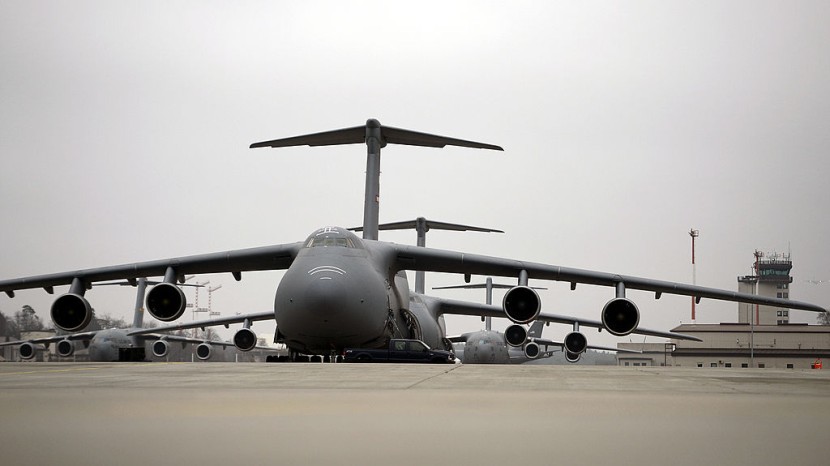
The Pentagon is pulling missile defense systems and other military personnel and hardware from Middle East countries, according to a defense official. Defense Secretary Lloyd Austin ordered the commander of US Central Command to remove the forces this summer. A Pentagon spokesperson stated they maintain a sturdy force posture in the region appropriate to the threat.
This is as it realigns its forces and mission to confront Russia and China. The current US government is withdrawing Patriot antimissile batteries from four Middle East countries. This is as the United States reduces its military footprint in the region in the midst of a reduction in tensions with Iran.
The countries are Iran, Saudi Arabia, Jordan, and Kuwait. The Pentagon is also pulling out a Terminal High Altitude Area Defense (THAAD) system from Saudi Arabia that had been designated by the previous Trump government.
Easing Tensions With Iran
The Pentagon stated it was reducing the number of troops and air defense units designated to the Middle East. The action comes as President Joe Biden's government seeks to relieve tensions with Iran upon being heated up in 2019 and witnessed a strong escalation in the United States military presence throughout the region, reported Barron's.
According to Pentagon spokeswoman Cmdr. Jessica McNulty in a statement, "This decision was made in close coordination with host nations and with a clear eye on preserving our ability to meet our security commitments. It's about maintaining some of our high demand, low density assets so they are ready for future requirements in the event of a contingency," reported CNN.
The redeployment involves hundreds of US troops who operate the systems and started previously this month after a June 2 phone call in which US Defense Secretary Lloyd Austin informed Saudi Crown Prince Mohammed bin Salman of the change. The withdrawal of anti-missile batteries marks a comeback to a more normal level of defense in the area where the United States continues to maintain thousands of trrops even as it has cut down on forces designated to Iraq and Afghanistan.
The Patriot anti-missile batteries were being removed from Kuwait, Iraq, Saudi Arabia, Jordan. A separate anti-missile system named THAAD was being sent from Saudi Arabia as well. Each battery necessitates hundreds of civilians and troops to support and operate them.
McNulty added that the Pentagon would not divulge where the military assets would be transferred or when.
The United States bolstered its military footprint in Saudi Arabia after a September 2019 attack on the nation's oil facilities that disrupted the global oil supply. This is attributed to Iran.
According to a senior defense official, they still have their bases in the nations of their Gulf partners. They are not shutting down as there remains a substantial posture and substantial presence in the region, reported Aljareeza.
Why Will the US Confront China and Russia?
There is a perspective regarding why Washington has decided to show camaraderie to Moscow. It contends that it is because the United States has shown signs of being exhausted and overwhelmed of fighting on two fronts in the face of a Moscow-Beijing axis.
Washington could have that track of thought as it has now set on confronting China from all directions. The United States believes that Russia and China will be united more closely if it does not attempt to pull Russia to its side.
Related Article : US Ends Trump-Era Policy Limiting Asylum for Survivors of Gang and Domestic Violence
© 2025 HNGN, All rights reserved. Do not reproduce without permission.








